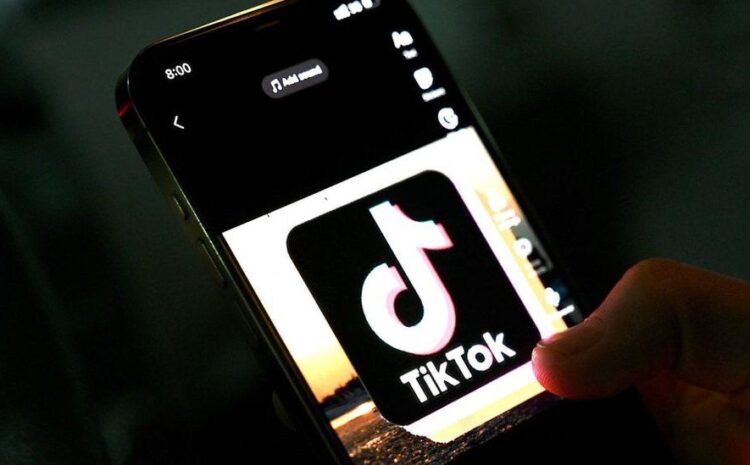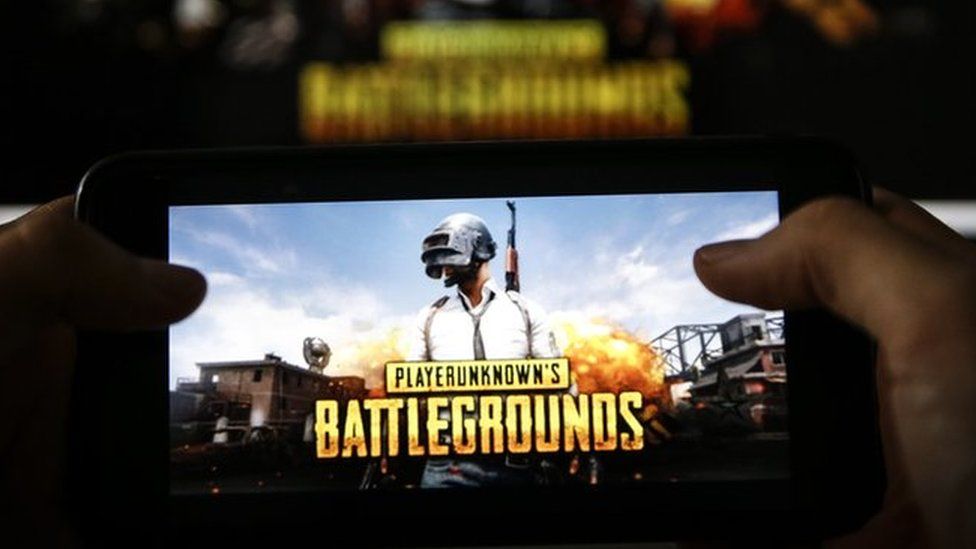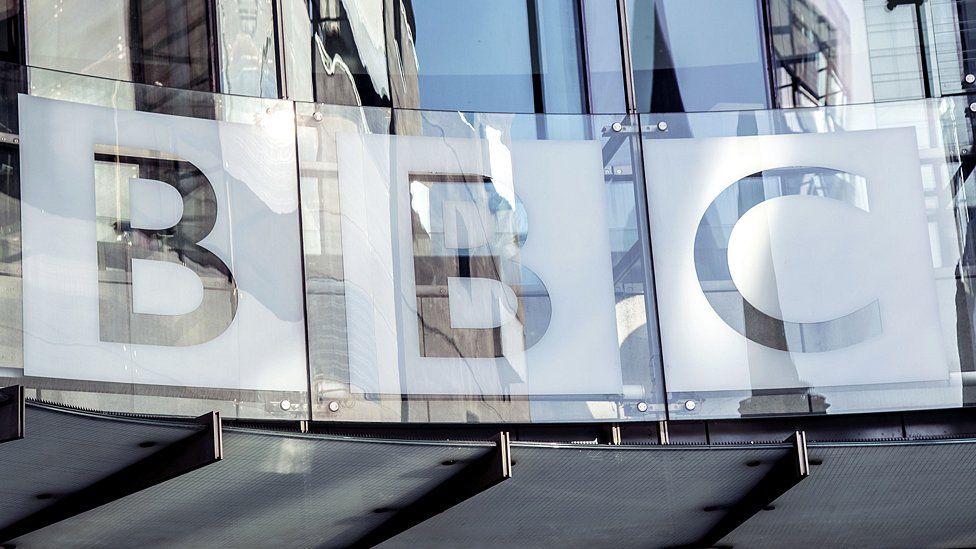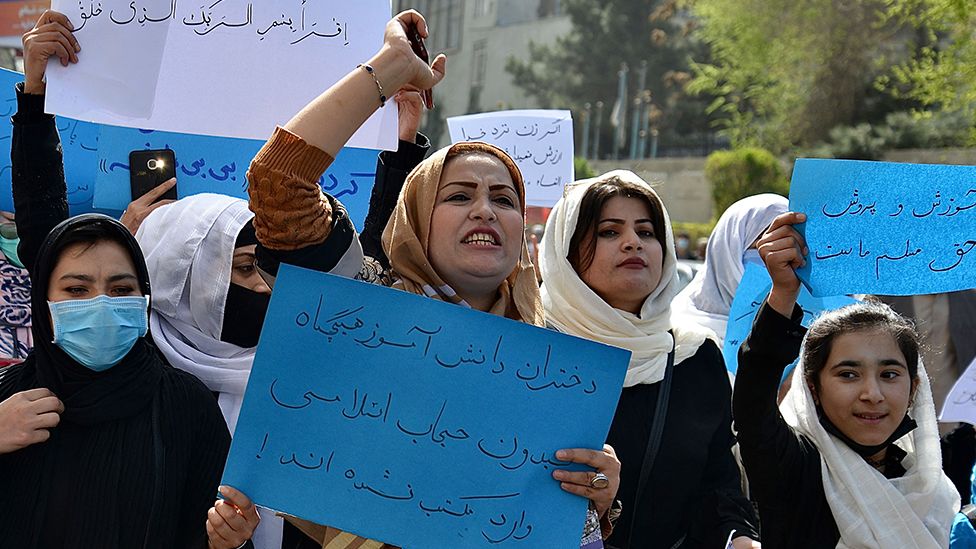
IMAGE SOURCE, GETTY IMAGES Image caption, TikTok has been popular with young Afghan men who enjoy filming and sharing short video clips
The militant group said it would also ban TV channels from airing what it deemed as “immoral material”.
It comes after recent bans on music, movies and television soap operas.
The Taliban promised a softer approach to government when it took power last year, but has increasingly curtailed freedoms especially for women.
The group was known for their severe version of Islamist rule that characterised their first stint in government between 1996 and 2001.
Taliban spokesman Inamullah Samangani said that the latest ban was necessary to “prevent the younger generation from being misled”.
This is the first time the group has banned an app since they came to power last August.
TikTok and PUBG had become even more relevant with young Afghans in recent months because many other forms of entertainment have been banned, says the BBC’s Afghan Service editor Hameed Shuja.
PUBG, which is short for PlayerUnknown’s Battlegrounds, is an online shooting game created by a South Korean developer that has also been quite popular. A previous attempt by the former government to ban PUBG ended up unsuccessful.
The number of internet users in Afghanistan has grown rapidly in recent years along with its youth population, with about nine million users currently.
The ban was announced on Thursday, the same day as when four separate explosions tore through cities across Afghanistan, including at a Shia mosque in the city of Mazar-e-Sharif.
At least 31 people were killed and 87 wounded. The Islamic State group has admitted to carrying out the attack.
On Thursday state news agency Bakhtar News reported that the Taliban had arrested the mastermind of the mosque attack.
-
The Fortnite rival getting people arrested in India
15 March 2019
-
Taliban bars BBC from Afghanistan’s TV schedules
27 March
-
Protesters urge Taliban to reopen girls’ schools
26 March
